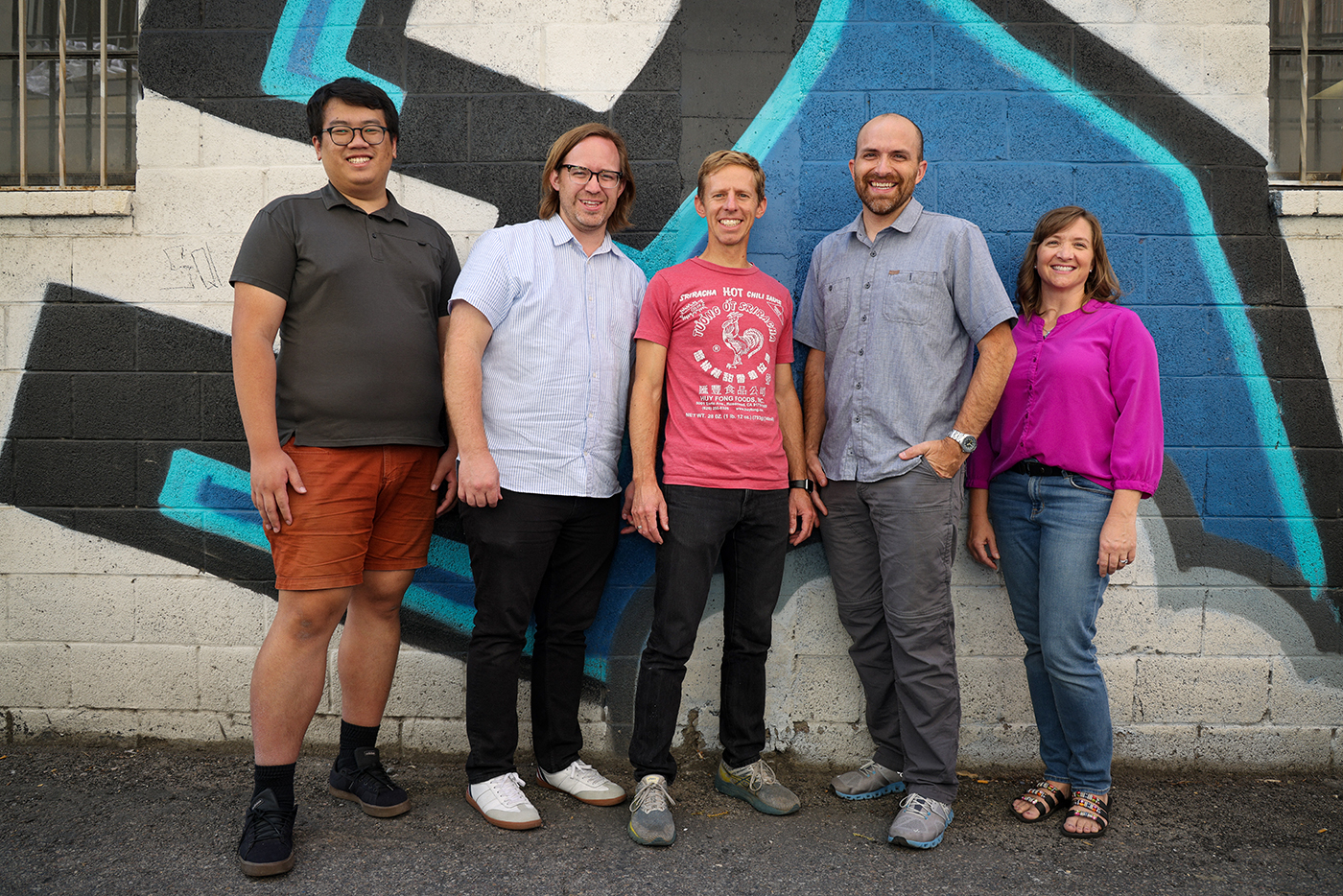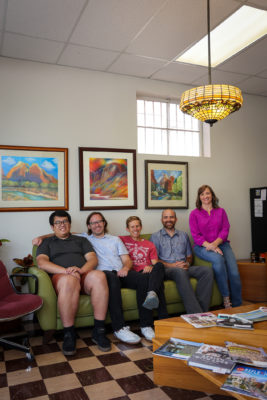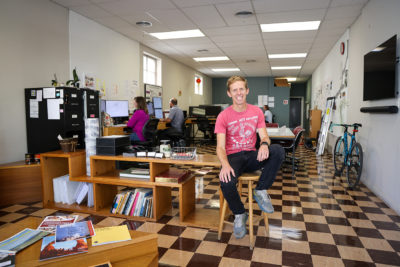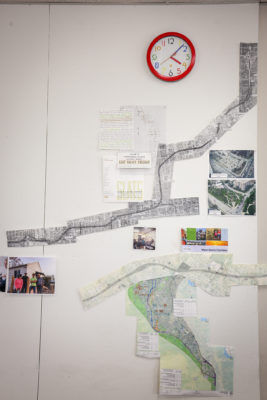
ASSIST Inc Provides Sustainable Architectural and Community Planning in Salt Lake County
Activism, Outreach and Education
Building or remodeling a residence or commercial building can be a very costly process. For many Utah residents, that cost can limit personal and professional growth opportunities. A lack of adequate facilities can restrict nonprofit organizations from delivering vital services. For many in the greater Salt Lake community, a lack of public transportation and walking/biking paths limits mobility options. This is where ASSIST Community Design Center comes in.

ASSIST Inc has been providing architectural design, community planning and development assistance to nonprofit and community groups for over 50 years. The group, whose overarching mission is equitable outcomes for all, focuses on developing design alternatives for public improvements in underserved communities. The organization also provides emergency structural repair solutions for people with disabilities and low-income residents throughout Utah.
One of ASSIST’s primary focuses is accessibility. Most buildings that were built before 1990 are not required to be in compliance with ADA standards, meaning that those with disabilities often face challenges navigating these spaces, such as the Salt Lake Acting Company’s current building, a former LDS temple built before 1990. ASSIST’s team worked with the company to completely redesign their lobby and bathrooms to make the space more accessible, also adding an elevator for guests with mobility assistance needs. According to Jason Wheeler, ASSIST’s executive director, the organization focuses on providing assistance to organizations that offer a community benefit. For example, ASSIST recently worked with the Utah AIDS Foundation to remodel a space that would meet their changing post-pandemic needs.
“If you’re going to add a road, you need to add alternate means of transportation for people that can’t afford a car or for people that are trying to help preserve our air quality by taking other transportation, whether that be biking or a commuter rail.”
While ASSIST’s typical projects include adaptive reuse of existing buildings, they also undertake new constructions. In St. George, ASSIST played an integral role in the building of Switchpoint Community Resource Center, a 24/7, 10,000–square foot building that can accommodate about 190 children a day. ASSIST is continuing to work with Switchpoint as they expand their services throughout northern Utah. ASSIST’s Emergency Home Repair program provides urgent, critical home repair services at no cost to senior citizens and low-income residents. ASSIST also takes a proactive approach with its Bright Ideas initiative, which helps educate residents on how to have safer, healthier and more energy-efficient homes.

While many residents might not see most of ASSIST’s current work, their legacy is embedded in the area in the form of balanced transportation. The group’s history dates back to 1969 when they began a concerted effort to address regional issues of growth and change throughout the Wasatch Front. Most notably, ASSIST helped organize the Future Moves Conference in 1995 in preparation for the 2002 Winter Olympics. The conference gathered transportation experts, community planners, and other policymakers to create sustainable transportation options. In 2005, ASSIST led the effort to reroute the Legacy Parkway to minimize environmental impact, setting aside 125 acres of wetlands as a nature preserve and requiring that the FrontRunner system be operational before the parkway opened up to automobile traffic. The deal also included the construction of the Legacy Parkway trail system, an active transportation system.
“We focus on tackling design issues that wouldn’t necessarily be addressed by a capitalistic economy that is purely driven by the exchange of money. Everybody deserves good design.”

Wheeler emphasizes the community benefits of active transportation solutions, saying, “if you’re going to add a road, you need to add alternate means of transportation for people that can’t afford a car or for people that are trying to help preserve our air quality by taking other transportation, whether that be biking or a commuter rail.” Wheeler also notes that ASSIST’s programs provide benefits ts to the public at large, whether they realize it or not, citing examples such as providing emergency home repairs for low-income families and accessibility retrofits for people with disabilities, as all activities that have contributed to neighborhood stabilization and improved community health outcomes.
“We believe that design has a huge impact on daily life,” Wheeler concludes. “We focus on tackling design issues that wouldn’t necessarily be addressed by a capitalistic economy that is purely driven by the exchange of money. Everybody deserves good design.” Learn more about ASSIST’s programs on their website at assistutah.org
Read more articles on organizations helping the community:
A Conversation with Community Leader Shawn Newell
UNIDXS: Existing and Celebration without Resistance